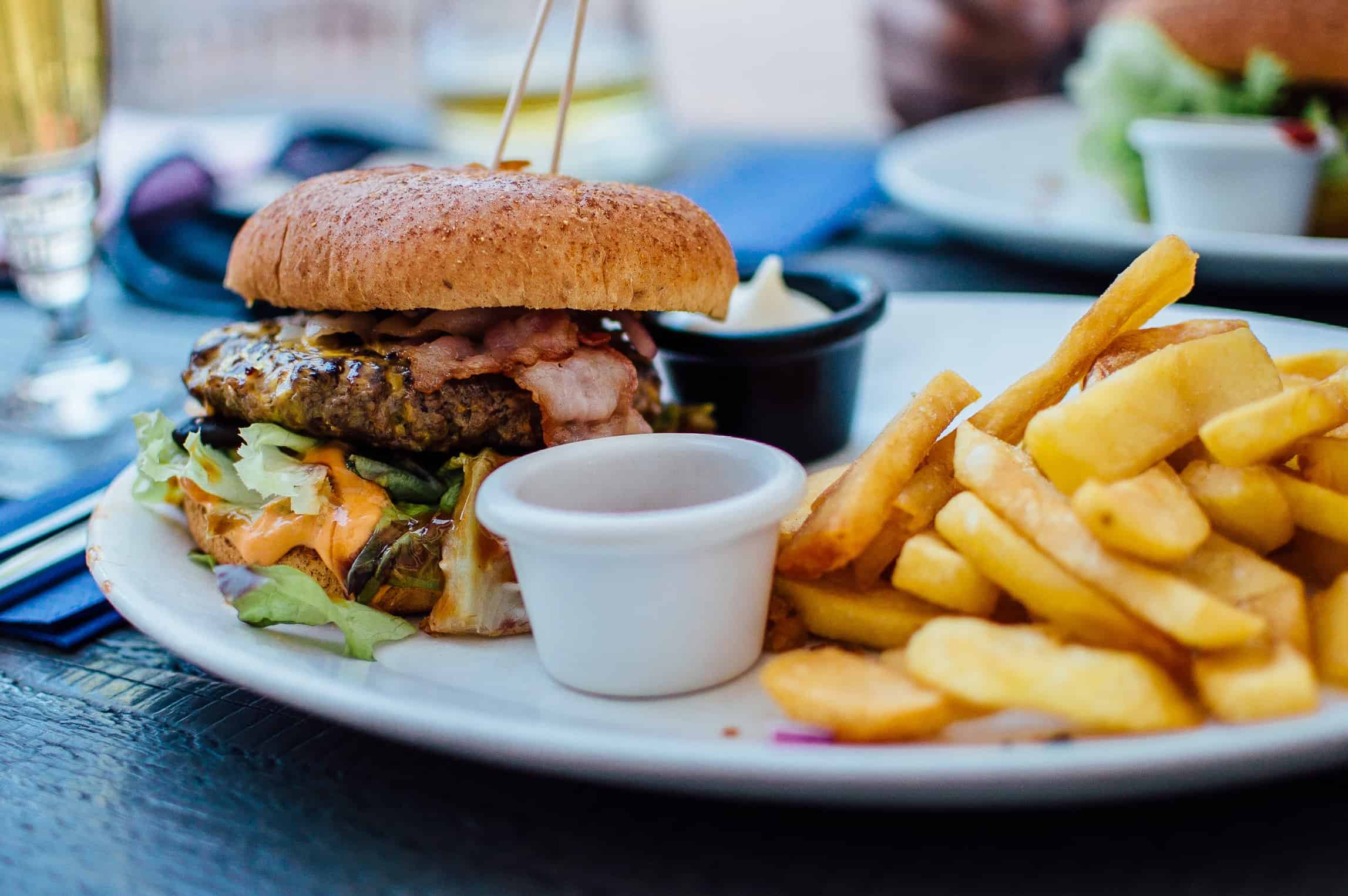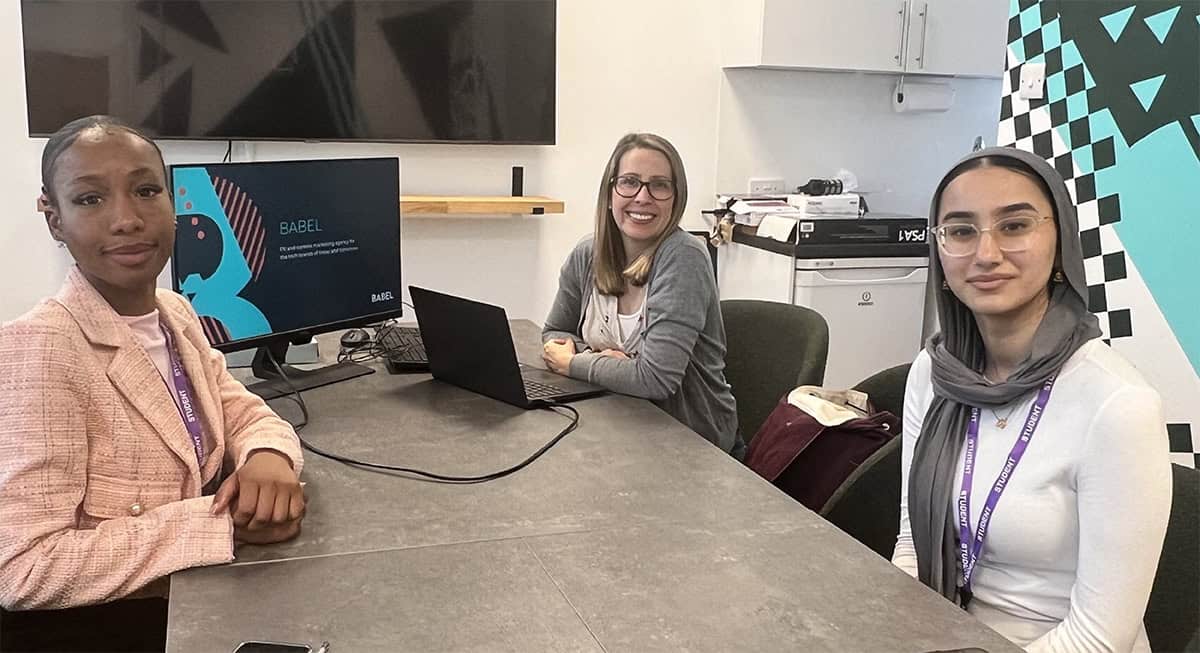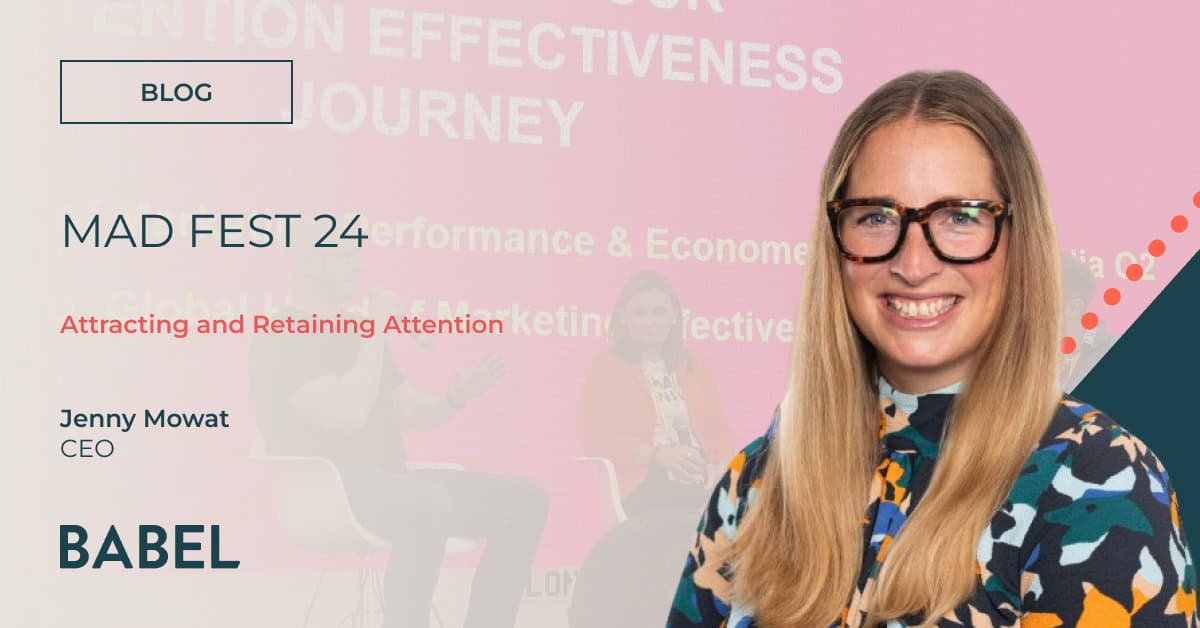
Faster food: hospitality to go mobile
I’m a foodie. I love the joy food brings and its ability to turn any frown upside down. I love going out to restaurants and trying new cuisines. However, could my life be made easier and could I have a more ‘personal’ relationship with those foodie hot spots? The answer is yes. Mobile technology, such as ordering apps, isn’t widely used in the hospitality sector. It may be commonplace for ordering takeaway meals, particularly from larger chains, but it’s not for smaller, independent businesses.
Unlike other sectors, hospitality has been incredibly slow to embrace mobile. The crux of the industry is understanding and anticipating a customer’s needs. Today, technology promises retailers so much in terms of gaining audience insight, so why have hospitality bosses not leapt on the bandwagon?
If you ask me, the reason is because business owners have been asking themselves how an industry that is totally reliant on face-to-face interaction can benefit from this technology. Yet times are changing; businesses need to catch up with their customers. We now have so much choice when it comes to dining out, businesses need to start differentiating themselves to secure customers’ attention and ultimately their loyalty.
This trend is set to be a $38 billion industry by 2020 and will bring benefits to both businesses’ operations and customer engagement. As an example, the Starbucks app accounted for 27% of total in-store purchases in the US in January this year. Smaller establishments can take note from London Grind. Coffee shop by day, bar by night—the shop’s app has an order-ahead functionality and includes an integrated loyalty card. At the moment, if Starbucks or London Grind customers order via smartphone, they’re inadvertently building up a purchasing history that can be analysed. This is the kind of information that will prove invaluable.
Mobile ordering will open up a world of data and if analysed properly, could uncover a personalised marketing channel that will make customers feel loved, and in turn, allow businesses to understand their audience. Leaders will be able to know what the popular and unpopular menu items are; they will be able to prompt customers to their regular order or suggest something new; and they will be able to analyse what kind of offers customers will actually value. Although this might not be done face-to-face, it will feel personal. Coca-Cola aced this exact marketing ploy when it started personalising its bottles. Who knew a bottle with your name on it could be so exciting.
Some business owners might say that it all comes down to whether or not customers are willing to share their data. But considering how freely we do this with other retailers, I don’t imagine it will be a hard sell. iAdvize, a leading conversational commerce platform, has suggested that 80% of consumers actively want a personal service online, so I believe it’s only a matter of time before hospitality starts to invest in mobile tech. Before too long we will have our Old Fashioned ready and waiting for us at the bar.
By Charity Winfield, Consultant at Babel.





